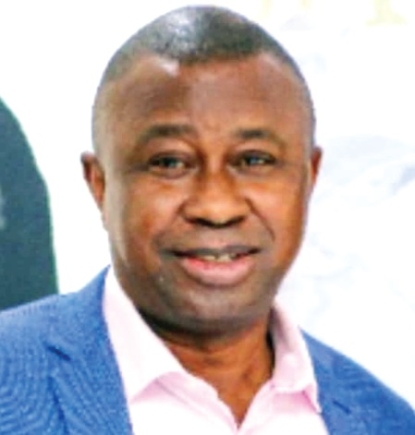
National dialogue on free SHS aligns with our vision - CePTOM endorses President John Mahama’s campaign promise
The Centre for Performance Tracking and Outcome Mapping (CePTOM) says President John Dramani Mahama’s campaign promise to convene a national consultative conference on education aligns perfectly with its long-time advocacy for a comprehensive national dialogue to re-examine the free SHS programme's implementation and sustainability.
It said such an engagement should evaluate the successes and challenges of the programme; identify sustainable funding models, including cost-sharing mechanisms; and address disparities between urban and rural schools to ensure equity and enhance infrastructure, teacher-student ratios and resource availability.
Recommendation
The Executive Director of CePTOM, Andrews Kwasi Frimpong in a statement, recommended the adoption of the outcome mapping approach, a collaborative framework that engaged all stakeholders, students, parents, teachers, policymakers, development partners and community leaders, as well as boundary partners.
He said that the approach would foster ownership and accountability while addressing the core principles of equity, effectiveness and responsiveness.
Stakeholders
“CePTOM calls on all stakeholders—government, civil society, educators, parents, political parties and development partners to unite to safeguard Ghana’s future through sustainable education reforms.
“The free SHS programme has opened doors for many, but it is incumbent on us all to ensure that these doors lead to opportunities, empowerment and a brighter future for every Ghanaian child,” Mr Frimpong stressed.
He acknowledged the eight-year milestone of the programme, which had provided free secondary education to over 2.5 million Ghanaian students, adding that the first beneficiaries of the programme had now completed their tertiary education, “a testament to the initiative's far-reaching impact”.
Impact of free SHS
“While the free SHS programme has significantly increased access to education, particularly for underserved populations, it has not been without its challenges.
“The success stories, such as improved literacy rates, gender parity in secondary education and alignment with SDGs 4, 5 and 10, highlight the transformative potential of the programme,” Mr Frimpong said.
He, however, observed that issues such as overcrowding, resource constraints, unequal access and the absence of a legislative framework underscored the need for urgent reforms.
